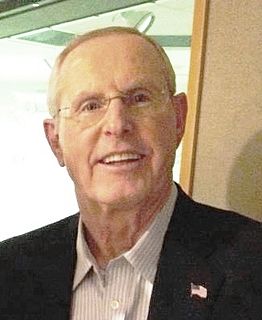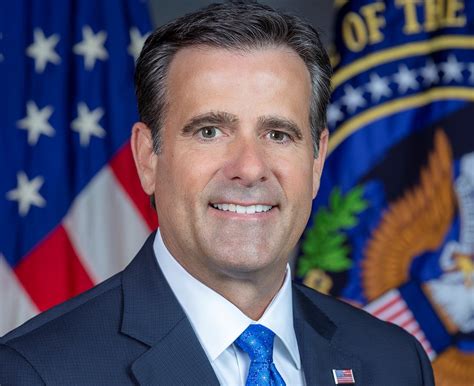A Quote by Mikko Hypponen
It's high time for a fresh European alternative to enter the market, taking the existing Internet behemoths head on. What the world needs now is a cloud storage service that is not subject to uncontrolled access by intelligence agencies.
Related Quotes
In Chekhov, when people leave, a carriage is taking them away forever. The stakes are so high just for someone to make a simple exit. And now we have all this access to public transportation, automobiles and jets and the Internet; we're so easily distracted, but the world is still designed to destroy you. It just happens quicker and faster now.
Cloud storage in data centers will utilize the latest developments in physical storage virtualization, deduplication and other methods to make the most effective use of physical storage assets. Software defined storage could allow a further level of abstraction and cost effectiveness. The vast bulk of content stored "in the cloud" will reside on large SATA interface HDDs with some on magnetic (mostly LTO) tape (particularly for "archives.")
In one sense, the Internet is like the discovery of the printing press, only it's very different. The printing press gave us access to recorded knowledge. The Internet gives us access, not just to knowledge, but to the intelligence contained in people's crania, access to the intelligence of people on a global basis.
We also have to work, though, sort of the dark side, if you will. We've got to spend time in the shadows in the intelligence world. A lot of what needs to be done here will have to be done quietly, without any discussion, using sources and methods that are available to our intelligence agencies... That's the world these folks operate in, and so it's going to be vital for us to use any means at our disposal, basically, to achieve our objective.
As IT enters the mobile-cloud era, IT providers need to be more innovative about addressing customers' fast changing needs. Over the past two years, Cisco and Citrix have collaborated to deliver significant innovation into the market. Now we are excited to accelerate our partnership into cloud, networking and mobility.
In the Internet world, both ends essentially pay for access to the Internet system, and so the providers of access get compensated by the users at each end. My big concern is that suddenly access providers want to step in the middle and create a toll road to limit customers' ability to get access to services of their choice even though they have paid for access to the network in the first place.
When I was 14, I spent a huge amount of time on the Internet, but not the Internet we know today. It was 1994, so while the World Wide Web existed, it wasn't generally accessible. Prodigy and CompuServe were popular, and AOL was on the rise, but I didn't have access to the web, and no one I knew had access to the web.





































